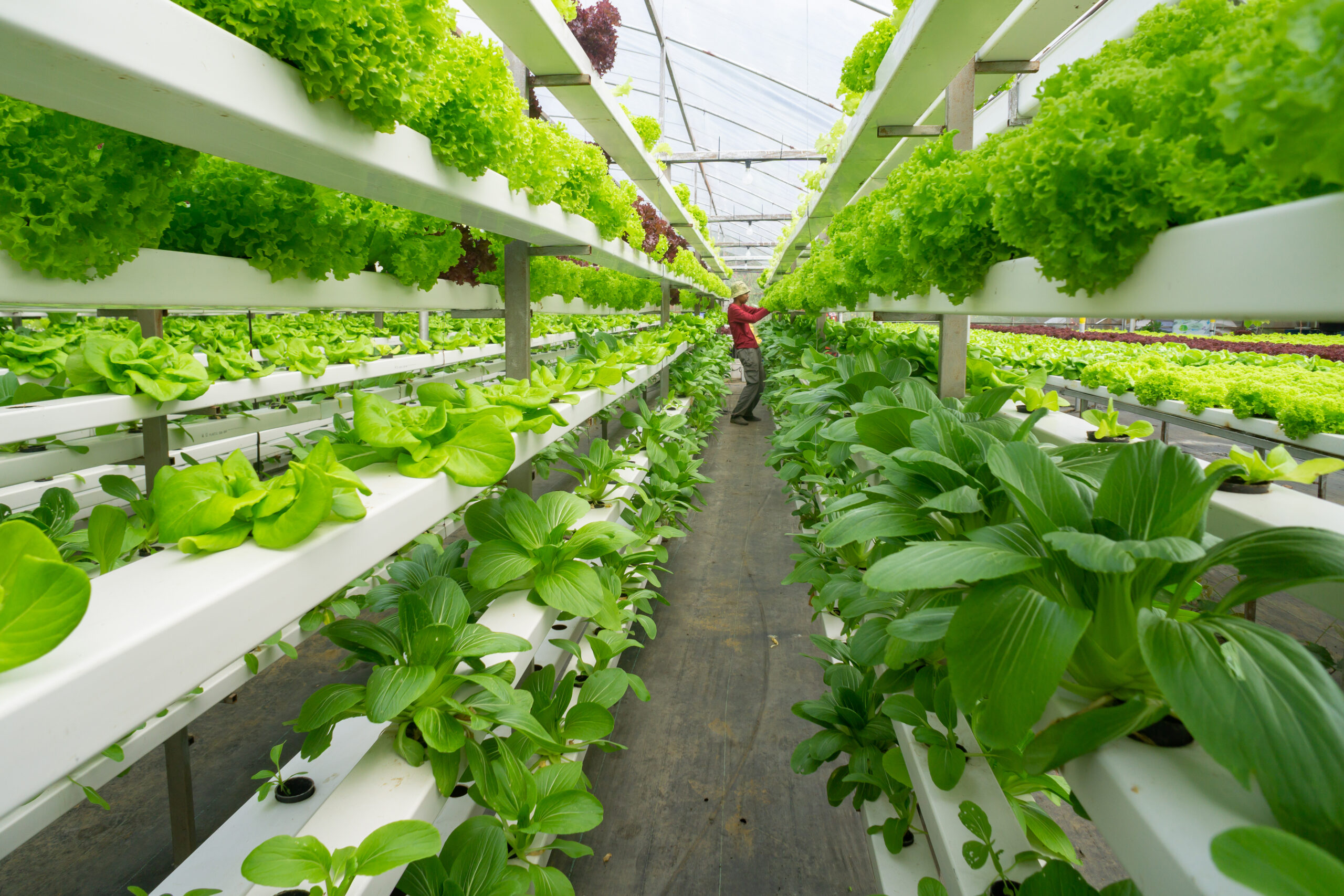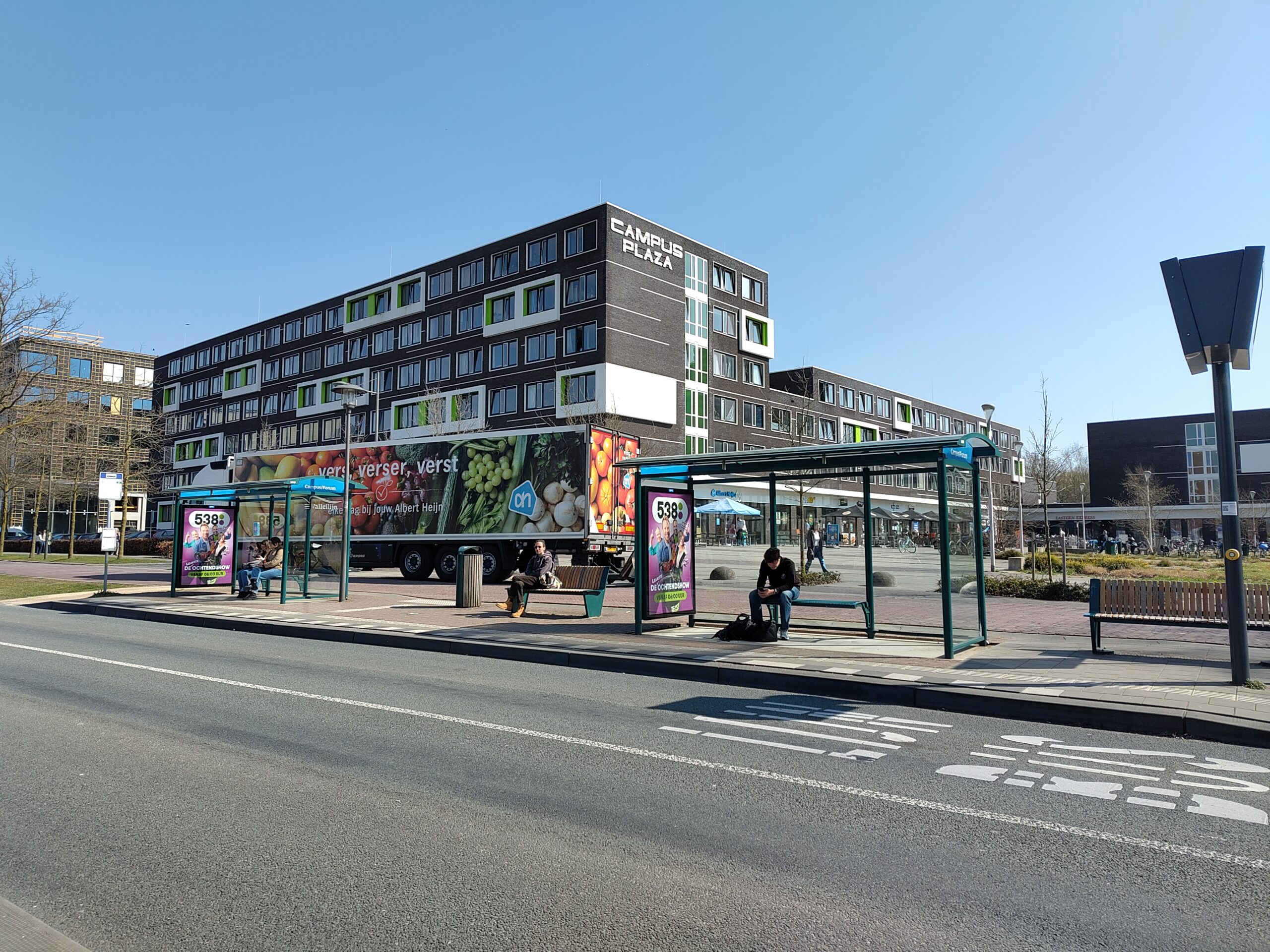Infarm, an extensive vertical farming network, is to collaborate with WUR. Over the coming four years, Infarm will fund two PhD candidates and one postdoc who will work on optimising the production of tomatoes in terms of flavour, yield and nutritional value. The tomatoes will be cultivated indoors in hydroculture, under LED light and with nutrient-enriched water. An Infarm research team will settle on Wageningen Campus.
Growth market
Infarm has already established over 1400 vertical farms in North America, Asia and Europe, inside shops and Infarm Growing Centres. The vertical farms are connected through a cloud network. Infarm considers local, sustainable cultivation of tomatoes and other fruit-bearing crops to be a huge growth market. In December, the company collected 200 million dollars in funding from investors to expand its network and production.
Less land and water
Infarm, which was established in Berlin in 2013, has seen spectacular growth in the last few years. The business currently has some one thousand employees and harvests over one million plants per month. In doing so, it uses 95 per cent less water and 95 per cent less land than is used in land-based agriculture, the company claims. Moreover, 90 per cent fewer kilometres in transportation are needed while the crops are grown without any chemical pesticides. Infarm collaborates with thirty major global supermarket chains.
Cultivation costs
Infarm seeks ways to lower the cultivation costs and improve the quality of its tomatoes. Additionally, the company aims to enhance the growth of strawberries, bell peppers and mushrooms, says Pavlos Kalaitzoglou. This WUR-alumnus is Director of Crop Science at Infarm.
Sensors
The WUR researchers will use state of the art sensors and scanners to evaluate the tomatoes’ growing speed, health, and nutrient content. They will also investigate how efficiently tomatoes absorb and distribute light in a hydroculture system. These insights are to contribute to increased production.
Practice
‘This collaboration offers WUR an excellent opportunity to apply research results in practice because the research environment is also the growing environment’, says professor Leo Marcelis of Horticulture and Product Physiology at WUR. He aims to use the knowledge gained through these projects to increase the yield and quality of tomato crops while using far less water and energy.

 Photo Shutterstock
Photo Shutterstock 

